


You need to understand the ways to prevent falls in seniors with dementia before it is too late.
Falls are a significant health concern for seniors, especially those with dementia. Dementia affects balance, coordination, vision, and judgment – all factors that can increase fall risk.
The home is where most falls happen for seniors. Take some time to survey the home environment and make changes to reduce hazards. Consider these tips:

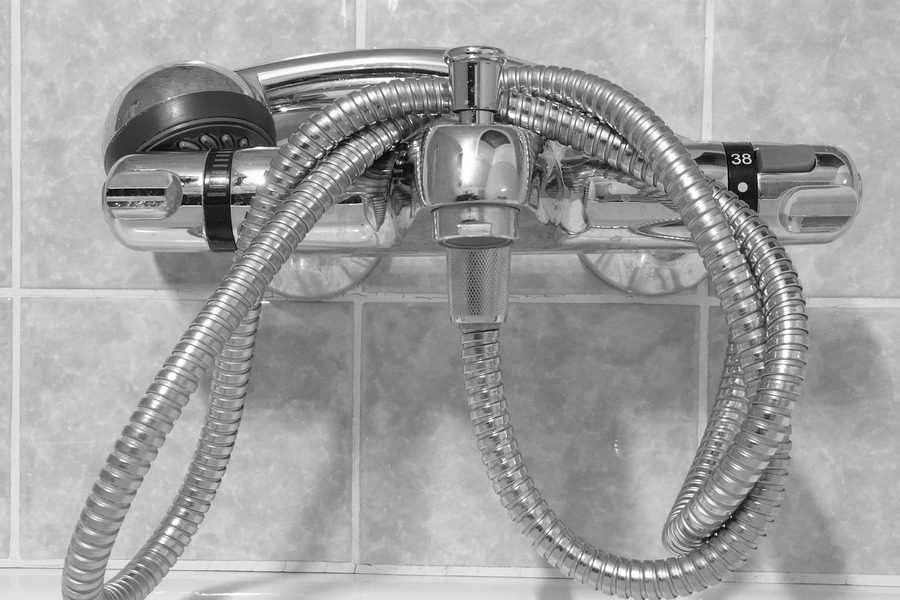
The bathroom, especially the shower, is a prime area for falls. It’s wise to make some adaptations to improve bathroom safety. Consider:
These simple bathroom adaptations allow seniors with dementia to bathe independently and safely for longer.
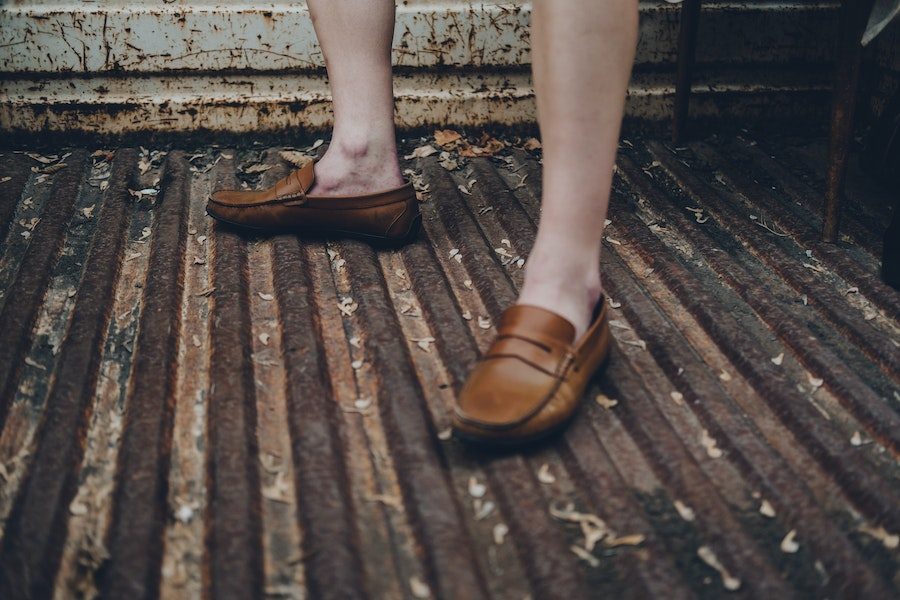
Unsuitable footwear is a top cause of falls in seniors. Proper footwear can help prevent slips and improve stability. Look for:
Check seniors’ shoes regularly for wear and ensure proper fit. Replace as needed. Proper footwear gives seniors a solid base of support and grip.
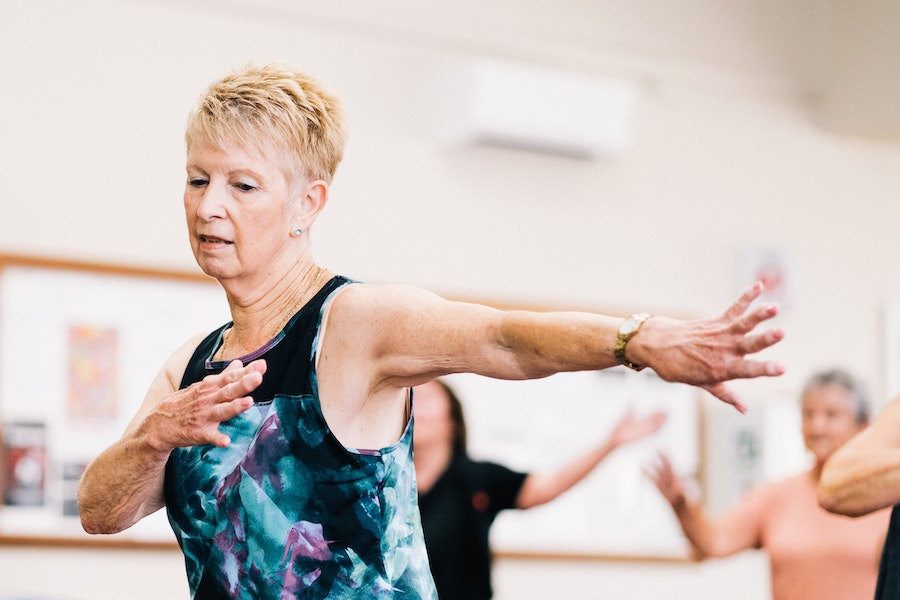
Lack of physical activity leads to poor leg strength, stiffness, imbalance, and slowed reflexes – all fall risks. Encourage seniors with dementia to exercise regularly. Appropriate exercises include:
Dementia caregivers can assist with exercise programs or enroll seniors in specialized dementia exercise classes. Moving regularly maintains mobility and reduces fall risk.

Medications, especially in combination, may cause side effects like drowsiness, dizziness, and fainting – all potentially dangerous for seniors. Have a doctor review all medications and dosages, looking for:
The goal is to find the most effective medication regimen with the least likelihood of side effects or interactions that increase fall risks.
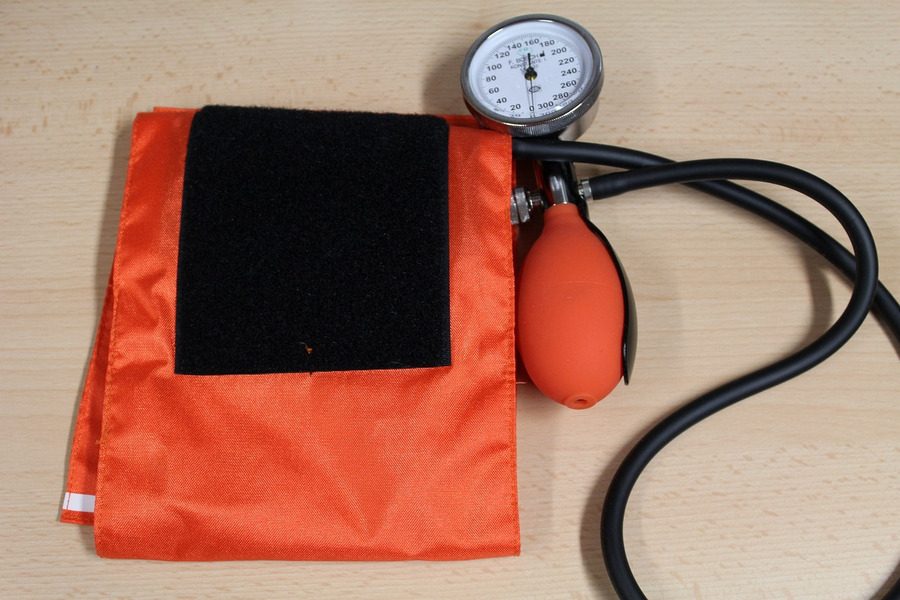
Underlying health conditions like heart disease, infections, blood pressure changes, and postural hypotension can all make seniors unsteady. Manage health conditions carefully:
Well-controlled health conditions reduce the chances of sudden changes that can precipitate falls.
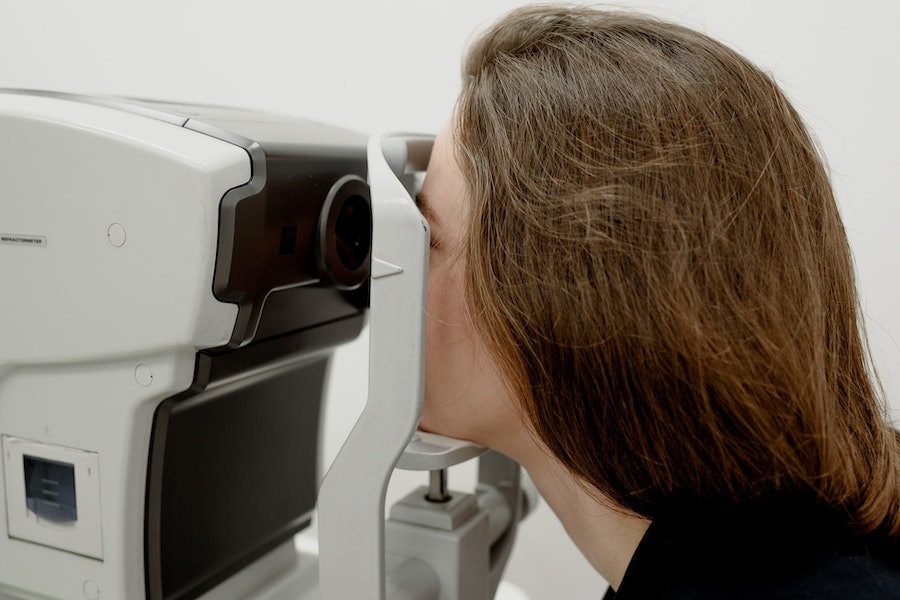
Impaired vision makes it difficult to see and avoid hazards. Dementia affects visual processing, too. Schedule regular vision exams and update prescriptions to maximize sight. Get training on:
Poor vision paired with dementia doubles the fall risk. Pay attention to regular vision checks and corrections.
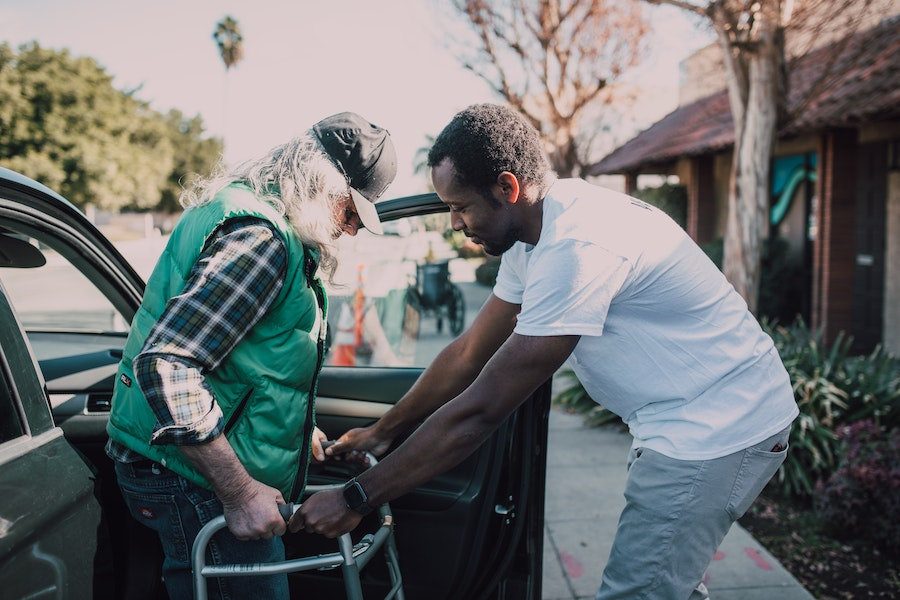
Canes, walkers, and wheelchairs help seniors with dementia remain mobile, but they also come with fall risks if misused. Ensure proper use of mobility aids:
Mobility aids are invaluable for seniors but need proper fitting, maintenance, and training to prevent falls.
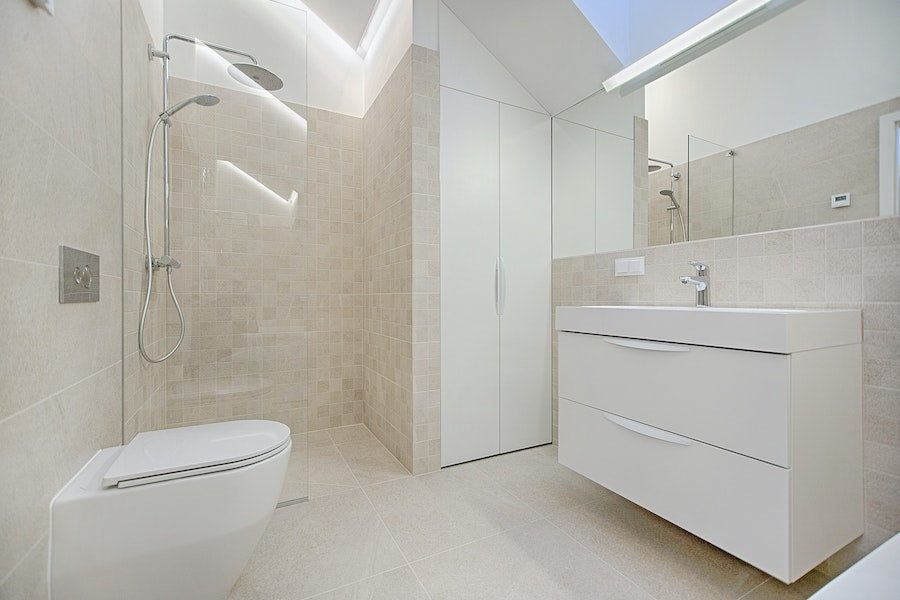
Incontinence, especially urge incontinence, prompts urgent, reckless rushing to the bathroom that can end in a fall. Manage incontinence through:
Containing and managing incontinence reduces the urge to rush to the bathroom at all costs.

Seniors with dementia require more supervision than they think. Dementia damages judgment skills, too. Provide appropriate supervision based on current abilities:
The right amount of supervision helps compensate for lapses in memory, judgment, and physical ability.
Falls threaten the health, safety, and independence of seniors with dementia. Attention to these preventive measures can significantly reduce their risk of dangerous tumbles.
With home adaptations for safety, managing health conditions, medication reviews, vision optimization, mobility aid training, incontinence control, and adequate supervision, seniors with dementia can continue to thrive.
For more information on ways to prevent falls in seniors with dementia, contact Applewood Our House.